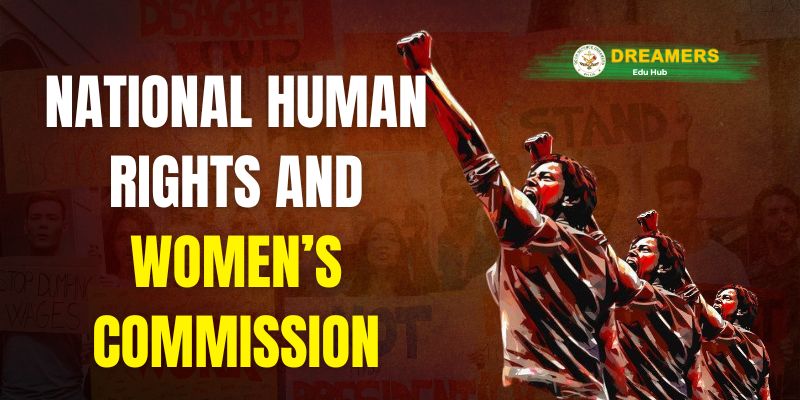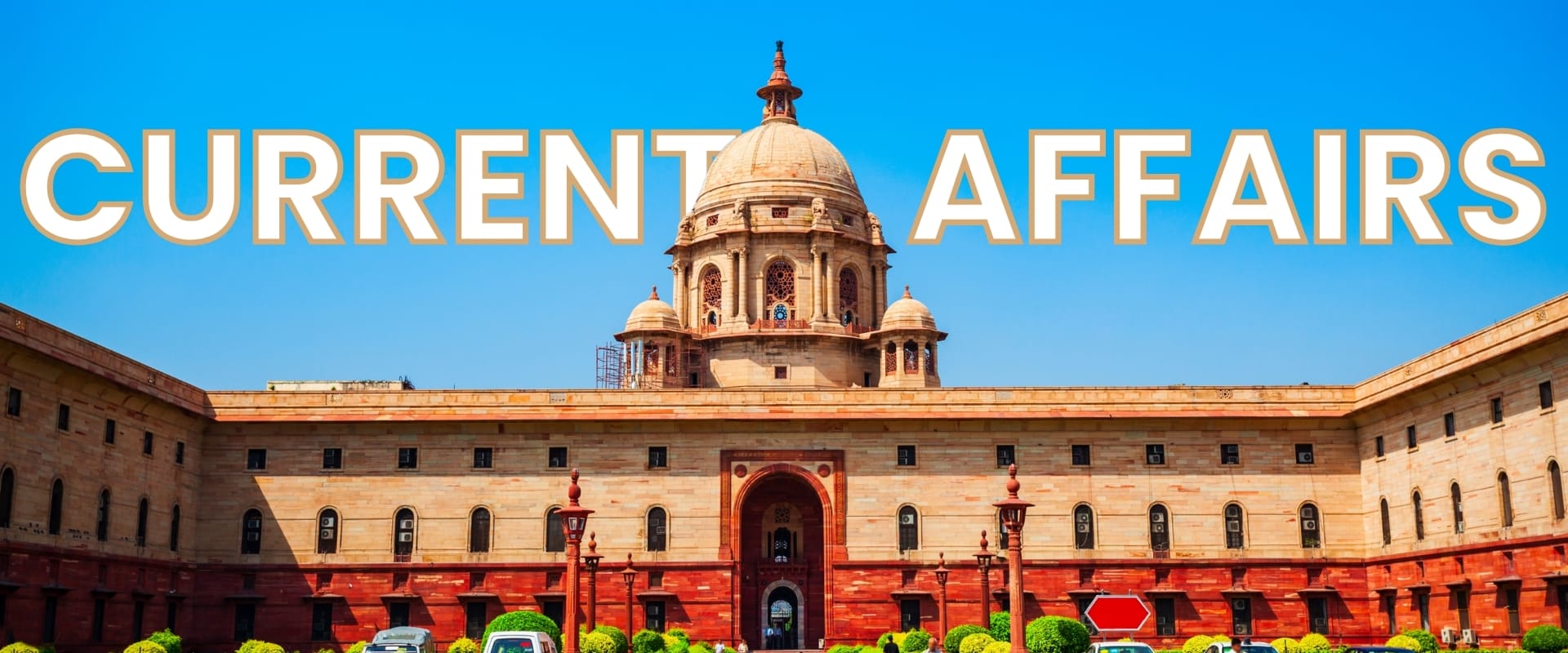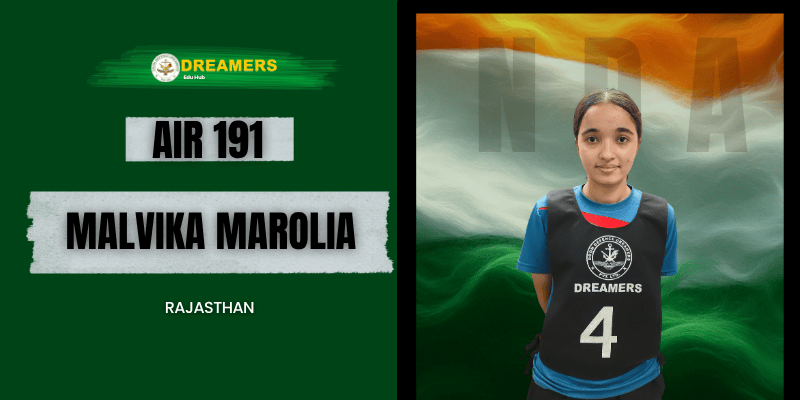Human rights form the basic moral and legal rights that every person holds by virtue of being human. These rights protect dignity, freedom and equality, and they cover civil, political, economic, social and cultural spheres. The aim is to present clear, exam-and-reader friendly information on national human rights law, the National Human Rights Commission and the National Commission for Women, their working methods, common remedies and the reforms needed to make rights protection stronger.
What are Human Rights and Women’s Rights?
Human rights include guarantees such as the right to life, liberty, equality before law, freedom of expression, access to justice and protection from torture and discrimination. Women’s rights are a focused subset that address gender equality, safety, reproductive rights, freedom from gender-based violence and equal access to education, work and public life. Together, these rights provide the legal and moral framework for a fair and inclusive society. Emphasis on human rights ensures that laws and policies remain people-centred and accountable.
Why Independent Commissions Matter?
Independent commissions act as instruments of accountability between the state and citizens. When courts are busy or slow, commissions provide a specialised mechanism to record complaints, investigate patterns of violations, recommend policy changes and monitor implementation of safeguards. Their existence strengthens the overall human-rights architecture by offering a route for redress, public reporting and focused action on vulnerable groups.
Legal Foundation and Mandate
The protection of national human rights rests on a layered legal foundation. Constitutional guarantees provide the first line of protection, while statutes, rules and international treaties elaborate duties and procedures. Domestic legislation creates the commissions that work as statutory bodies to receive complaints and advise governments. Treaties and international instruments supply standards and benchmarks that shape domestic practice and policy.
Constitutional, Statutory and International Basis
Constitutional rights, statutory acts and ratified international conventions together form the legal basis for rights protection. The constitution sets out fundamental rights and duties, statutory laws establish the institutional framework for bodies such as the National Human Rights Commission and the National Commission for Women, and international instruments offer comparative standards and reporting obligations. This multi-layered base allows domestic bodies to interpret obligations in light of global best practice while retaining national procedural control.
Core Functions, Jurisdiction and Limitations
The core functions of rights commissions include receiving and inquiring into complaints, conducting visits to custody or institutions, reviewing laws and practices, advising on policy, and preparing reports for the government and the public. Jurisdiction is typically national but often limited to recommending remedial steps rather than directly imposing criminal sanctions. The non-binding nature of many recommendations remains a central limitation and leads to calls for stronger enforcement mechanisms.
National Human Rights Commission (NHRC)
The National Human Rights Commission is the principal statutory body charged with promoting and protecting human rights at the national level. It functions as a watchdog that receives complaints of violations, carries out inquiries and makes recommendations to improve institutional practices. The NHRC also prepares annual reports on the human-rights situation and advises government departments on reforms.
Genesis, Composition and Appointment Process
The NHRC arises from statute and works within a framework shaped by constitutional values. Its composition usually includes a chairperson with judicial background, members with expertise in human-rights law and civil society representatives. Appointment procedures are designed to combine executive nomination and parliamentary oversight, although debates persist on the need for clearer, more transparent selection methods to protect independence and public confidence.
Powers: Investigation, Visitations and Recommendations
The NHRC has powers to receive complaints, summon information, carry out fact-finding visits to prisons and detention centres, and call for official records. The commission can recommend prosecutions, compensation, policy changes and institutional reforms. While these powers allow comprehensive investigations, the commission’s recommendations are often advisory in nature and depend on government action for implementation.
Working Mechanism: Complaints, Inquiries and Coordination with State Bodies
The NHRC works through a defined procedure: complaint registration, preliminary inquiry, detailed investigation where needed, hearings and final recommendations. Coordination with state human-rights commissions, police, prisons and health departments is essential for effective follow-up. Public reporting and media engagement help keep authorities accountable and inform victims about available remedies.
National Commission for Women (NCW)
The National Commission for Women is the specialist statutory body addressing issues that affect women across social, economic and political life. Its mandate focuses on gender-sensitive complaints, policy advice, awareness campaigns and support for victims of violence or discrimination.
Origin, Structure and Role Specific to Women’s Issues
The NCW was created to give focused attention to problems uniquely or disproportionately affecting women, including domestic violence, workplace harassment, trafficking and denial of basic services. Its structure generally includes a chairperson and members drawn from legal, social and academic fields who bring expertise in gender issues, enabling the commission to design targeted remedies and advocacy programmes.
Powers: Advisory, Investigative and Policy Recommendations
The commission can handle complaints, conduct inquiries, recommend legislation and suggest administrative reforms. It can call for action against officials who fail to protect women’s rights and propose measures for prevention, protection and rehabilitation. While its recommendations carry moral and political weight, the NCW’s effectiveness depends on efficient cooperation with police, judiciary and welfare departments.
Special Programmes: Awareness, Prevention and Support Services
Beyond complaints handling, the NCW runs awareness campaigns, legal aid initiatives and training for police and public officials to sensitize them to gender issues. Programmes aimed at prevention, rapid response and support for survivors strengthen the ecosystem of protection and make rights accessible in practice, not only in law.
Procedure, Remedies and Access to Justice
Access to justice requires clear complaint pathways, timely investigation and practical remedies. The institutional machinery for redress includes national and state commissions, courts and civil-society organisations. Public knowledge about procedures and the documents required for filing a complaint is crucial to ensure that rights protection reaches ordinary people.
How to File Complaints (NHRC/NCW): Eligibility and Documents?
Complaints may be filed by victims, family members, non-governmental organisations or concerned citizens on behalf of victims. Typical documents include copies of police reports, medical records, identity proof and any written correspondence relevant to the case. A clear record of dates, places and names helps the commission form an effective inquiry.
Investigation Process, Hearings and Follow-up Mechanisms
After registration, a complaint undergoes a preliminary screening. If necessary, the commission conducts a fact-finding investigation, which may include site visits, witness interviews and document requisitions. Following hearings, the commission issues recommendations and may ask the relevant authority to report on action taken. Regular follow-up and public reporting help measure implementation.
When to Approach Courts, NGOs or State Commissions?
Commissions provide accessible, specialised forums but do not replace courts. In urgent situations involving detention, imminent harm or denial of basic liberties, courts and emergency legal services remain primary routes. State human-rights and women’s commissions often handle local or less complex matters and can coordinate faster responses when prompt local action is needed.
Impact, Challenges and Reforms
Commissions have produced noteworthy policy changes and brought attention to systemic abuses, but persistent challenges limit their full potential. Addressing these gaps through legal and administrative reforms can strengthen rights protection and enhance public trust.
Key Interventions, Notable Outcomes and Policy Influence
Commissions have contributed to improvements in prison conditions, guidelines on police custody, awareness on gender-based violence and amendments to administrative practices. Their reports influence policy, trigger legislative reviews, and provide evidence for rights-based planning. Public hearings and media coverage add momentum to reforms.
Major Criticisms: Enforcement Gaps and Resource Issues
Criticisms include limited enforcement power, delays in inquiry completion, insufficient staff and inadequate budgetary support. Concerns about appointment transparency and potential political influence also affect perceived independence. These constraints reduce the ability to provide swift remedies and to compel timely government action.
Suggested Reforms and a Quick Citizen’s Guide
Reforms that would strengthen outcomes include granting clearer enforcement powers, improving transparency in appointments, increasing funding and establishing firm timelines for action on recommendations. A practical guide for citizens involves maintaining concise documentation, approaching the appropriate commission with a well-prepared complaint and keeping copies of all records for follow-up. The combination of stronger institutions and informed citizens would make the promise of national human rights more real for every person.
| Quick Comparison | NHRC (National Human Rights Commission) | NCW (National Commission for Women) |
|---|---|---|
| Primary Focus | Broad human-rights protection | Women’s rights and gender issues |
| Core Powers | Inquiries, visits, recommendations | Investigations, policy advice, awareness |
| Typical Remedies | Recommendations for compensation, policy change | Support services, legal aid referrals, recommendations |
Frequently Asked Questions (FAQs)?
Q.1: What is the National Human Rights Commission (NHRC)?
The NHRC is a statutory body set up to protect and promote human rights at the national level. It receives complaints, conducts inquiries, visits places of detention and recommends remedial action to authorities. Its recommendations are advisory and aim to improve government response and policy on rights issues.
Q.2: What is the National Commission for Women (NCW)?
The NCW is a specialised statutory body focusing on women’s rights, safety and gender equality. It handles complaints related to violence, harassment, discrimination and advises the government on laws and policies for women. The commission also runs awareness programmes and refers victims to support services.
Q.3: How can a complaint be filed with NHRC or NCW?
Complaints can be submitted by victims, relatives, NGOs or any concerned citizen with basic documents like identity proof, police FIR (if any), medical or written evidence. The commission carries out preliminary screening, may request additional records, and can proceed to fact-finding or hearings. Local state commissions and NGOs often help with drafting and following up complaints.
Q.4: Are the commissions’ recommendations legally binding?
Recommendations from NHRC and NCW are generally advisory and do not automatically have the force of law. Authorities are expected to act on them and report back, but enforcement may require court action or government orders. Strengthening implementation remains a frequent reform demand.
Q.5: When should courts, police or state commissions be approached instead?
Courts are the primary route for urgent relief like custody, protection orders or criminal punishment and can grant binding remedies quickly. State human-rights and women’s commissions are useful for local issues and faster coordination with police and administration. Commissions, NGOs and legal aid services together form a practical pathway depending on the nature and urgency of the case.
Our Recent Blogs
UN Climate Change Conference 2025
Important Organizations and Their HQ (Headquarters)
List of Important Operations of India by the Government from 2023 to 2025






























